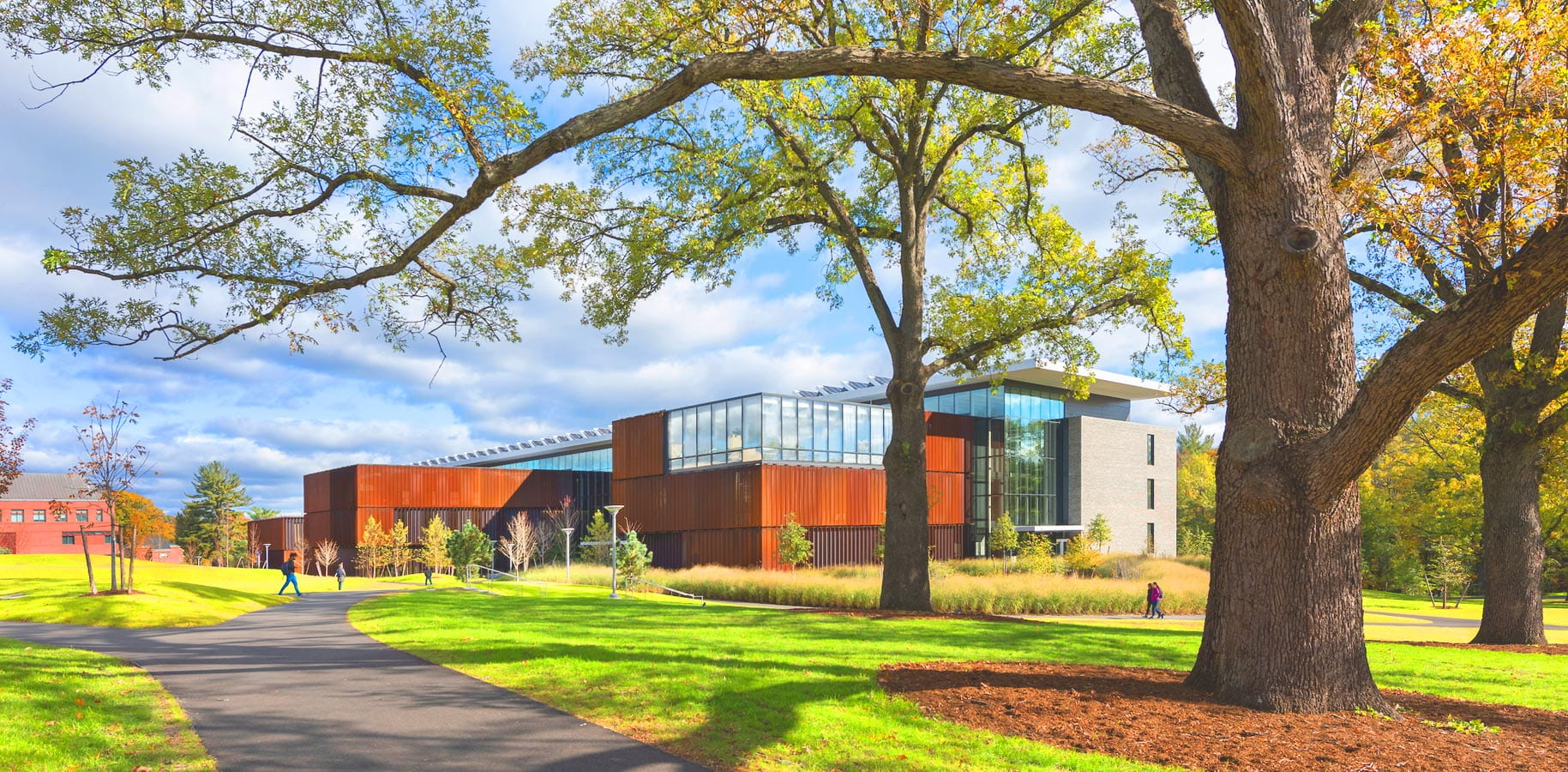On September 17th, 20 students hopped onto a Zoom call to learn about how COVID-19 has impacted children’s social and emotional development. Professor McQuade of the psychology department was joined by Amherst alum Adaora Achufusi ‘13. Specializing in play therapy, Achufusi works in New York as a treatment coordinator at a therapeutic preschool for children with developmental delays. Throughout the interview, they discussed her observations of how the pandemic has affected the development of the children she works with.
Most notably, Achufusi found that this new way of life negatively impacted her students. Structure, routine, and predictability are incredibly important, and their loss took a toll on children’s mental health. “Developmental milestones were backsliding,” Achufusi said, adding that “frustration tolerance” nearly vanished and children would “throw tantrums or cry at the drop of a hat.” Suddenly, regulating sleep and toileting habits became difficult. In addition, they often withdrew from Zoom sessions, and lost interest in the outside world. At home, parents (also impacted by COVID-19) struggled with providing structure and a calm environment.
With 16 children, Achufusi has also been able to see differences throughout class and race lines. In particular, she noticed that her African-American families were “much closer to the actual illness” and often saw loved ones become sick or pass away. This additional stressor impacted the entire family. Moreover, many parents were unprepared to suddenly support their children’s educational and emotional development. This shift added pressure on top of normal adult and family responsibilities, and often affected people with less material wealth and thus less stability in their everyday lives preceding COVID.
Despite this bleak image, the discussion ended on a positive note. When asked if society would see lasting effects on our children from the pandemic, Achufusi was cautiously optimistic. “There’s going to be a regression,” she acknowledged. There are now missed opportunities for practicing social skills. Developmental gaps between children may widen. Learning important lessons in theory over Zoom (such as sharing) may not be as effective as learning through practice.
“But, the regression doesn’t have to be permanent,” she said. “Children’s ability to bounce back is very impressive, so there is hope.”
So, how does a college student factor into this family/caretaker dynamic? COVID-19 has affected us all, and many families are being stretched too thin. If you can, check in with them or offer to watch small children over Zoom. Even in this time of uncertainty, we can still spread some optimism and connect with others!
